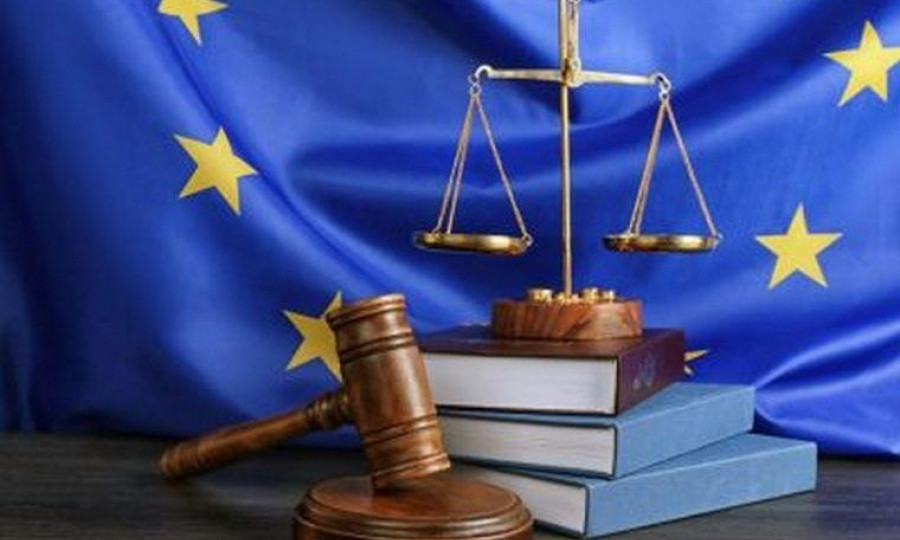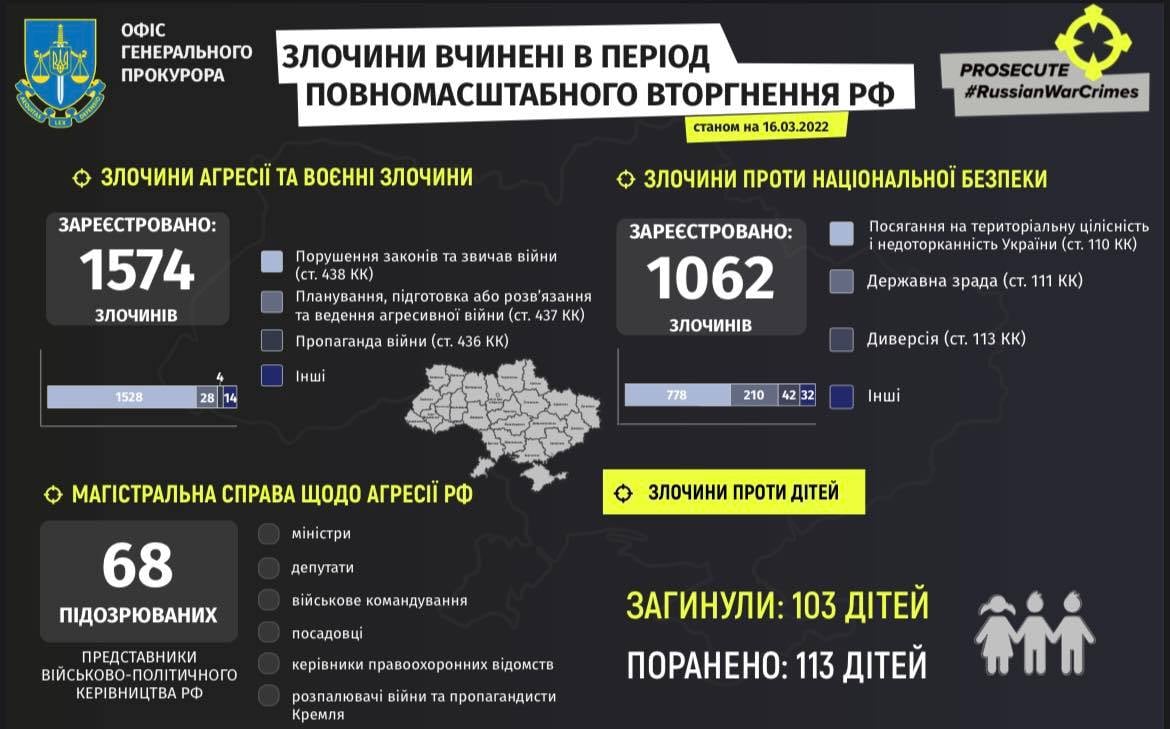 A webinar was held at the Higher School of Advocacy on the topic: "Application of ECtHR practice in national judicial practice: criminal aspect."
A webinar was held at the Higher School of Advocacy on the topic: "Application of ECtHR practice in national judicial practice: criminal aspect."
The lecturer was Babanly Rasim, head of the Department of Analytical and Legal Work of the Supreme Court, Doctor of Legal Sciences.
The lecturer spoke about the Law on the Application of the Convention and the practice of the European Court of Human Rights, about the transliteration and literalization of decisions, how to refer to the decisions of the ECtHR and considered the court decisions.
Ukraine has a special law on the application of the Convention and the practice of the European Court of Human Rights.
According to Art. 17 of the Law, courts apply the Convention on the Protection of Human Rights and Fundamental Freedoms and the practice of the Court as a source of law when considering cases. At the same time, both decisions of the Court, adopted in relation to Ukraine, and decisions adopted in relation to other states are subject to appropriate application.
Very few countries of the Council of Europe have special laws with the rule that the convention and practice of the ECtHR is a source of law.
According to Art. 18 of the Law, for the purpose of referring to the text of the Convention, the courts use the official translation of the Convention in the Ukrainian language. In the absence of a translation of the Court's decision, in particular decisions made in relation to other states, the court uses the original text.
The Ministry of Justice must translate only those decisions into Ukrainian that must be implemented. That is, the Ministry of Justice must translate the decisions in which violations have been established.
Lettering or transliteration of decision names
As for Ukraine, we have the opportunity to find translations of decisions that have a Ukrainian transliteration, for other states there will be no such opportunity.
In Ukraine, there are several approaches to this:
- independently transliterates decisions of other states
- writing the authentic name from the official sources of information of the ECtHR
If the decision against Ukraine has an official translation, then it is certainly possible to transliterate this decision into Ukrainian letters.
If there is no official translation, then in this case it is worth keeping the original wording of the decision.
Also, if we are talking about decisions against other states, it is also worth keeping the original wording of the decision.
How to refer to the decision of the ECtHR
- The name of the decision
- Application number (which is an identification feature of the decision)
- The clause or paragraph of the decision you cite
- Date of decision
Relevant application of ECtHR practice
Relevance criteria:
- Similarity of circumstances (Between the case in which you seek to apply the decision of the ECtHR and between the decision of the ECtHR in which the corresponding legal position was formed (mutatis mutandis).
- Absence of circumstances that fundamentally distinguish one case from another.
- National legislation, taking into account which the ECtHR makes a decision (example: Ukraine – Russian Federation (Chechnya).
After finding a relevant solution, you should not stop, you should analyze the context itself, look at the latest legal positions.
Every person accused of committing a criminal offense has at least the following rights:
- to be informed immediately and in detail in a language understandable to him about the nature and reasons of the charge brought against him;
- have the time and opportunities necessary to prepare their defense;
- to defend oneself personally or to use the legal assistance of a defender chosen at one's own discretion, or – in the absence of sufficient funds to pay for the legal assistance of a defender – to receive such assistance free of charge when the interests of justice require it;
- to question witnesses for the prosecution or to demand that they be questioned, as well as to demand the summoning and questioning of witnesses for the defense under the same conditions as witnesses for the prosecution; if he does not understand the language used in court or does not speak it, to receive the free assistance of an interpreter.
In the case when the accused himself is passive, the state must take an active position and the ECtHR points out that there are circumstances in which even the passive behavior of the defendant and when he himself does not raise the issue of shortcomings cannot exempt the state from fulfilling its duty guarantee effective legal protection of the person.
In cases where deficiencies in the implementation of protection are obvious or objectively obvious, the client should not actively complain in order to draw the attention of state representatives to these deficiencies.
Precautionary measures are one of the key problems identified in the decision of the ECtHR,
System problems:
- excessive duration of the application of a preventive measure in the form of detention
- groundlessness and unmotivated court decisions on the continuation of this preventive measure
The key thesis is that house arrest is not the same as free stay at home.
A key aspect of a search warrant is that the search warrant must clearly identify the items that warrant the search.
A search is an investigative action that has a significant impact on a person's rights. And the court, as a controller of human rights compliance during investigative actions or other restrictions that are applied in criminal proceedings, must clearly regulate this issue.
Non-consideration by the courts of criminal proceedings against the applicants due to the impossibility of obtaining case materials from the territory where the courts are located, which is temporarily not controlled by the Government – a violation of paragraph 1 of Article 6 of the Convention.
Failure by the authorities to take into account the religious motive of the person who attacked the applicant is a violation of Article 14 of the Convention together with the procedural aspect of Article 3 of the Convention.
Non-disclosure to the defense of the court's decision on granting permission to carry out operative and search measures is a violation of Clause 1 of Article 6 of the Convention.





